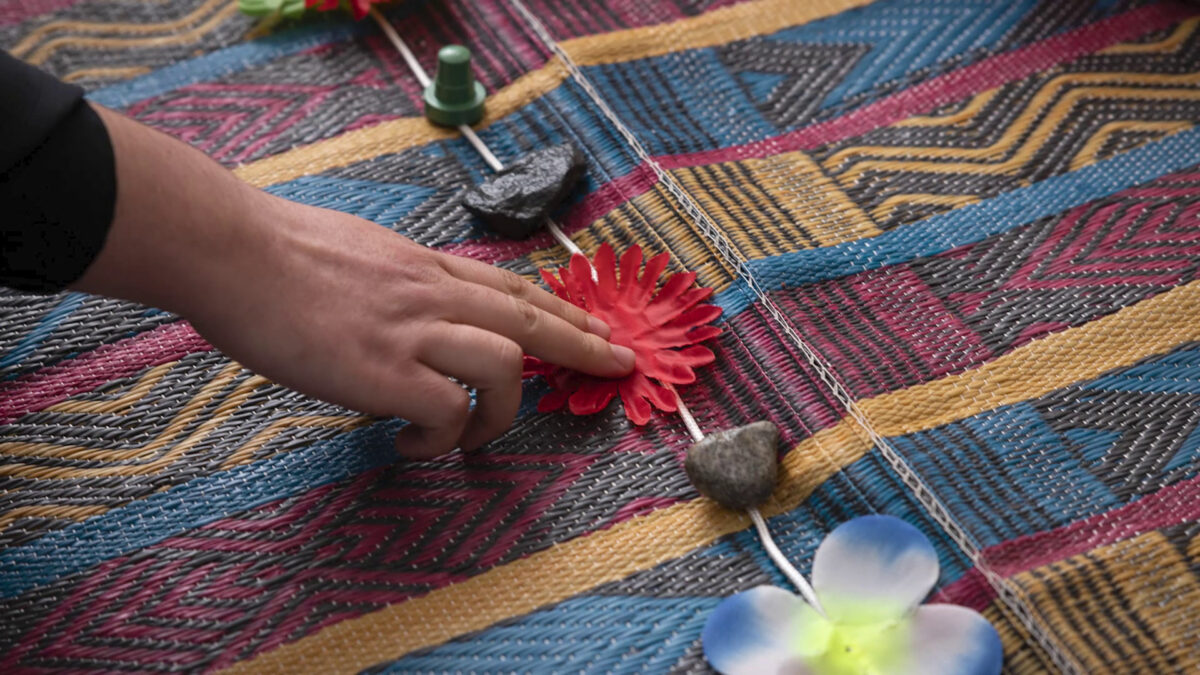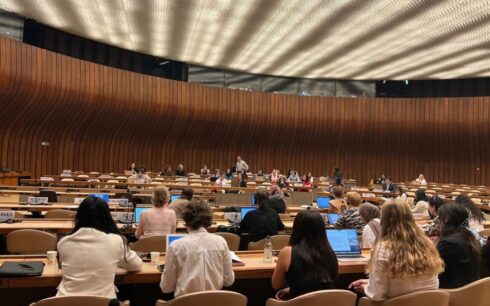Women in Afghanistan are paying a huge price for the Taliban’s repressive restrictions against them as access to basic health care for them shrinks, and mental health problems and conflict within families grow, the International Organization for Migration (IOM) said in a recent report.
The women surveyed overwhelmingly reiterated the financial and mental hardships they are experiencing due to the Taliban’s ever-increasing restrictions on their freedoms, the economic crisis, and ensuing poverty.
“Women consulted frequently describe their lives as that of prisoners living in darkness, confined to the home without hope of a future,” read the report.
The IOM’s report stated that the women profiled also report deteriorating relationships with male family members which is largely due to dire financial problems in families due to the economic crisis.
“Women report deteriorating relationships with male family members,” the report stated. “As a result, the mental health of many Afghans has deteriorated.”
The IOM also stated that two out of three women reported to be struggling with psychological problems. “Two-thirds of women report psychological problems, and a growing number of women are experiencing increased feelings of isolation, anxiety, and depression,” the report stated.
“Against the backdrop of a systematic exclusion of women from public life and a protracted economic crisis, conflicts within families have increased,” the IOM noted.
Soon after the Taliban’s takeover of Afghanistan, in August 2021, a string of edicts against the freedom and rights of women and girls were imposed. The first edict was against teenage girls, when the Taliban banned them from school. Since then an estimated 50 edicts have been imposed, all but erasing them from public life.
These edicts have mostly been issued by the Taliban’s supreme leader Hibatullah Akhundzada, who has yet to make a public appearance.
The IOM’s report comes as women’s rights movement Junbish-e-Itihad wa Hambastagi Zanan voiced their criticism of the Taliban’s restrictions on women.
“Women have less access many facilities, especially health facilities. When they need a doctor, they would have to walk long distances to visit a physician or a clinic,” said Bahara Ahmadi, a Herat resident.
The latest restriction on women came last month when the Taliban banned women from visiting the popular Band-e-Amir National Park in Bamiyan province.
“Repressive policies by the Taliban against women in Afghanistan are affecting the country’s political, economic and cultural improvement and leave long-term impacts on the people,” said Nazila Jamshidi, an activist.
The IOM report meanwhile stated that a staggering 96% of women consulted thought that UN recognition of the Taliban should not happen under any circumstances or that it should only occur under specific conditions contingent on improving women’s rights.
“In the past year, women have consistently called for international pressure on the de facto authorities (Taliban) through sanctions and direct and indirect advocacy. Women have also urged international entities to include Afghan women in negotiations with the Taliban, particularly on women’s rights. They have repeatedly asked the international community to facilitate spaces for them to meet directly with the de facto authorities to raise their concerns,” the report stated.
“Women continued to warn against recognizing the de facto authorities since the Taliban have repeatedly reneged on promises to uphold women’s rights. They called on the international community to judge the Taliban based on their actions, not their promises,” the report stated.





